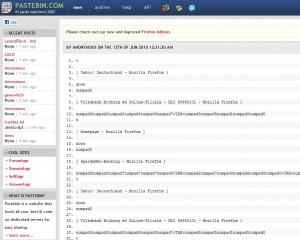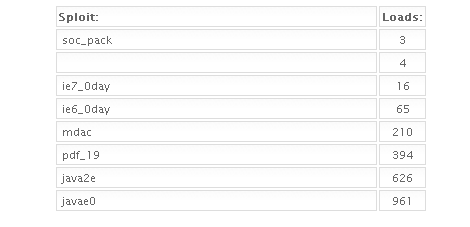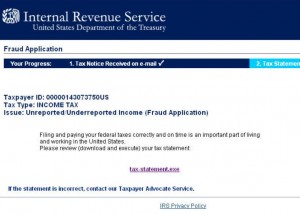Keystroke-logging computer viruses let crooks steal your passwords, and sometimes even read your e-mails and online chats. Recently, however, anonymous criminals have added insult to injury, releasing a keylogger strain that publishes stolen information for all the world to see at online notepad sharing sites such as pastebin.com.
 Last week, security experts at BitDefender discovered a continuing stream of new entries at pastebin.com and pastebin.ca that included text files laid out in the format typically used by keystroke-logging malware. For example, each keypress in the log posted to pastebin.com is preceded by a listing of the program currently in focus on the victim’s screen, and each function key pressed is spelled out, so that when the victim hits the backspace or down arrow key, for instance, the keystroke log will show a “[back]” or “[down]” entry in place of each corresponding keypress (see the screenshot to the right).
Last week, security experts at BitDefender discovered a continuing stream of new entries at pastebin.com and pastebin.ca that included text files laid out in the format typically used by keystroke-logging malware. For example, each keypress in the log posted to pastebin.com is preceded by a listing of the program currently in focus on the victim’s screen, and each function key pressed is spelled out, so that when the victim hits the backspace or down arrow key, for instance, the keystroke log will show a “[back]” or “[down]” entry in place of each corresponding keypress (see the screenshot to the right).
Typically, keystroke logging malware will submit stolen data to a Web server specified in the malware that the attacker controls. BitDefender theorizes that those responsible for creating this keylogger variant may have chosen pastebin.com because it is unlikely to be blocked by Web filters or malware blacklists.
I kept the pastebin.com home page open most of the weekend and refreshed it periodically, and confirmed that a relatively large number of keylogger records were being uploaded in real time to the free service. To the right is one of many screenshots I took of the files I found on Pastebin.com.
Pastebin owner Jeroen said Pastebin is aware of the problem and is working on a new version of the site that should block these automated keyloggers from posting their content there.














